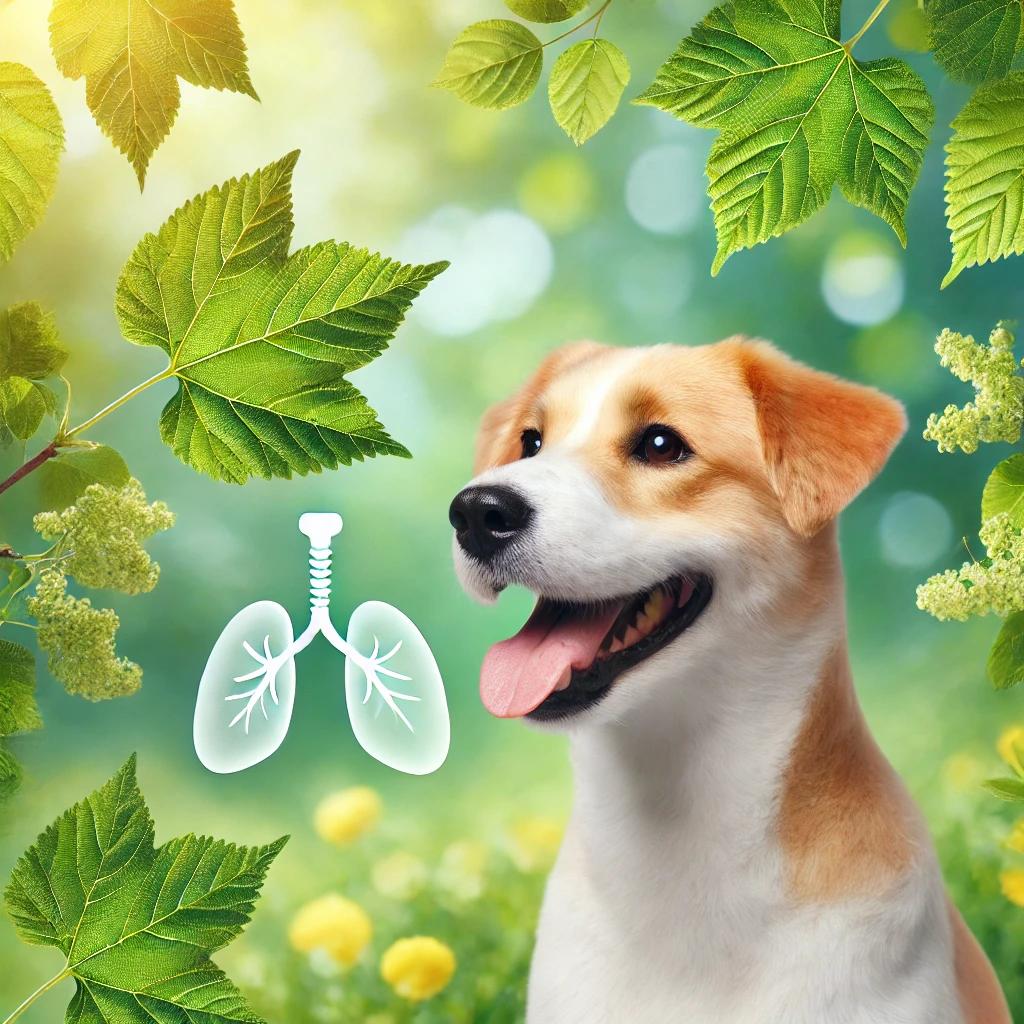For pets with respiratory sensitivities, finding natural ways to ease symptoms like coughing and wheezing is essential for their comfort and overall health. Mulberry leaf, known as Sang Ye in traditional Chinese medicine, offers beneficial properties for pets with respiratory issues. This herb has a cooling effect, helps clear excess heat, and moistens the lungs, making it ideal for pets sensitive to seasonal changes.
Understanding Mulberry Leaf (Sang Ye) and Its Benefits
Mulberry leaf has been used for centuries in herbal medicine for its wide range of health benefits. When it comes to pet health, mulberry leaf is especially valued for its ability to soothe the respiratory system. Pets that experience respiratory discomfort, particularly those affected by allergens, pollutants, or seasonal shifts, can benefit from the herb’s natural ability to support lung health and alleviate related symptoms.
Top Benefits of Mulberry Leaf for Pets
-
Clears Excess Heat
In traditional medicine, respiratory symptoms like dry coughs and wheezing are often associated with excess heat in the body. Mulberry leaf acts as a cooling herb, helping to clear this excess heat and reduce the intensity of respiratory symptoms, making it easier for pets to breathe comfortably. -
Moistens the Lungs
Pets, like humans, can experience lung dryness, which often results in coughs or respiratory discomfort. Mulberry leaf has natural moistening properties that can help relieve this dryness, promoting smoother breathing and reducing cough frequency. -
Eases Respiratory Symptoms
Seasonal allergies or changes in temperature can sometimes lead to respiratory symptoms like sneezing, coughing, or wheezing in pets. By supporting lung health and offering mild anti-inflammatory benefits, mulberry leaf can ease these symptoms, helping pets feel more comfortable.
How to Use Mulberry Leaf for Pets
-
Consult with Your Veterinarian
As with any new supplement, always consult your veterinarian before adding mulberry leaf to your pet’s routine. Your vet can assess if mulberry leaf is suitable for your pet’s condition and provide guidance on the appropriate dosage. -
Choose a Trusted Form of the Herb
Mulberry leaf is available in various forms, including powders, capsules, and teas. Ensure that the product you choose is pet-safe and free from additives or preservatives that may not be suitable for animals. -
Use in Moderation
While mulberry leaf can be very beneficial, it’s essential to use it in moderation. Start with a small amount to observe your pet’s reaction, and adjust as needed. Seasonal use is ideal for pets who experience respiratory issues only during specific times of the year.
Incorporating Mulberry Leaf into Your Pet’s Wellness Routine
-
Pair with Other Respiratory-Friendly Herbs
Mulberry leaf can be paired with other natural supplements that support respiratory health, such as licorice root or elderberry, to provide a more comprehensive approach. However, always consult your veterinarian to ensure safe combinations. -
Monitor Respiratory Health Regularly
Keep track of any changes in your pet’s respiratory health. If you notice improvements in breathing, fewer coughing spells, or increased comfort during seasonal changes, it’s a good indication that mulberry leaf may be helping.
Mulberry leaf (Sang Ye) offers a gentle, natural way to support respiratory health in pets, particularly those with seasonal sensitivities or mild respiratory symptoms. Its cooling and lung-moistening properties make it an effective supplement for pets prone to coughing or wheezing. Before starting any new supplement, consult with your veterinarian to ensure it’s the right choice for your pet’s specific needs.

